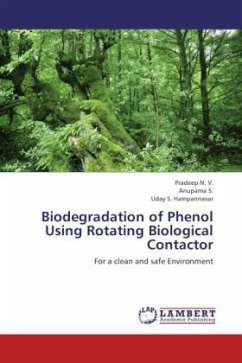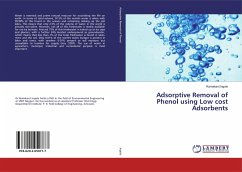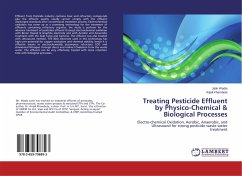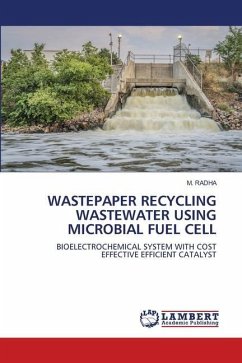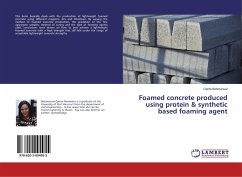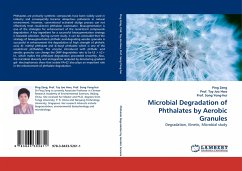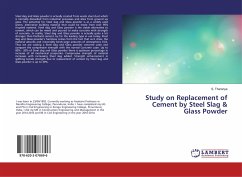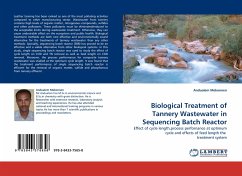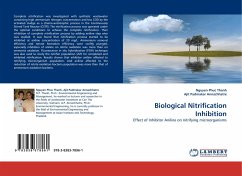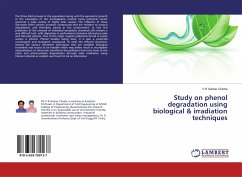
Study on phenol degradation using biological & irradiation techniques
Versandkostenfrei!
Versandfertig in 6-10 Tagen
27,99 €
inkl. MwSt.

PAYBACK Punkte
14 °P sammeln!
The three-fold increase in the population along with the geometric growth in the necessities of the homosapiens created many industries which generate a wide variety of highly toxic wastes. The effluents of these industries often contain aromatic compounds that are resistant to natural degradation and therefore persist in the environment. In fact the prediction of the removal of individual xenobiotic chemicals still remains a very difficult task, with disparities in performance between laboratory-scale and full-scale systems. One of the major organic pollutants found in waste waters is phenol....
The three-fold increase in the population along with the geometric growth in the necessities of the homosapiens created many industries which generate a wide variety of highly toxic wastes. The effluents of these industries often contain aromatic compounds that are resistant to natural degradation and therefore persist in the environment. In fact the prediction of the removal of individual xenobiotic chemicals still remains a very difficult task, with disparities in performance between laboratory-scale and full-scale systems. One of the major organic pollutants found in waste waters is phenol. Phenol besides being toxic, it is also a potential carcinogenic and mutagenic compound. To meet the effluent standards among the various treatment techniques that are available biological treatment was found to be feasible which may either result in incomplete mineralization or otherwise transforms the pollutant from one form to the other and photocatalytic degradation through solar irradiation using titanium dioxide as catalyst was found to be an alternative.



